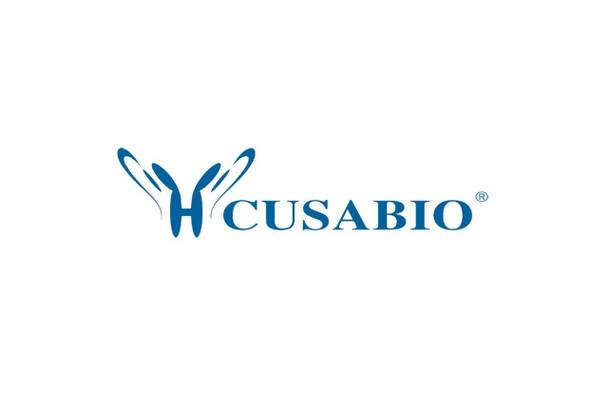Cusabio Polyclonal Antibodies
ALOX12B Antibody | CSB-PA001618LA01HU
- SKU:
- CSB-PA001618LA01HU
- Availability:
- 3 to 7 Working Days
Description
ALOX12B Antibody | CSB-PA001618LA01HU | Cusabio
ALOX12B Antibody is Available at Gentaur Genprice with the fastest delivery.
Online Order Payment is possible or send quotation to info@gentaur.com.
Product Type: Polyclonal Antibody
Target Names: ALOX12B
Aliases: Arachidonate 12-lipoxygenase, 12R-type (12R-LOX) (12R-lipoxygenase) (EC 1.13.11.-) (Epidermis-type lipoxygenase 12), ALOX12B
Background: Non-heme iron-containing dioxygenase that catalyzes the stereo-specific peroxidation of free and esterified polyunsaturated fatty acids generating a spectrum of bioactive lipid mediators. Mainly converts arachidonic acid to (12R) -hydroperoxyeicosatetraenoic acid/ (12R) -HPETE and minor stereoisomers. In the skin, acts upstream of ALOXE3 on the lineolate moiety of esterified omega-hydroxyacyl-sphingosine (EOS) ceramides to produce an epoxy-ketone derivative, a crucial step in the conjugation of omega-hydroxyceramide to membrane proteins. Therefore plays a crucial role in the synthesis of corneocytes lipid envelope and the establishment of the skin barrier to water loss. May also play a role in the regulation of the expression of airway mucins.
Isotype: IgG
Conjugate: Non-conjugated
Clonality: Polyclonal
Uniport ID: O75342
Host Species: Rabbit
Species Reactivity: Human
Immunogen: Recombinant Human Arachidonate 12-lipoxygenase, 12R-type protein (484-663AA)
Immunogen Species: Human
Applications: ELISA, IHC
Tested Applications: ELISA, IHC; Recommended dilution: IHC:1:500-1:1000
Purification Method: >95%, Protein G purified
Dilution Ratio1: ELISA:1:2000-1:10000
Dilution Ratio2: IHC:1:500-1:1000
Dilution Ratio3:
Dilution Ratio4:
Dilution Ratio5:
Dilution Ratio6:
Buffer: Preservative: 0.03% Proclin 300
Constituents: 50% Glycerol, 0.01M PBS, pH 7.4
Form: Liquid
Storage: Upon receipt, store at -20°C or -80°C. Avoid repeated freeze.
Initial Research Areas: Cardiovascular
Research Areas: Cardiovascular;Cell biology;Metabolism;Signal transduction









